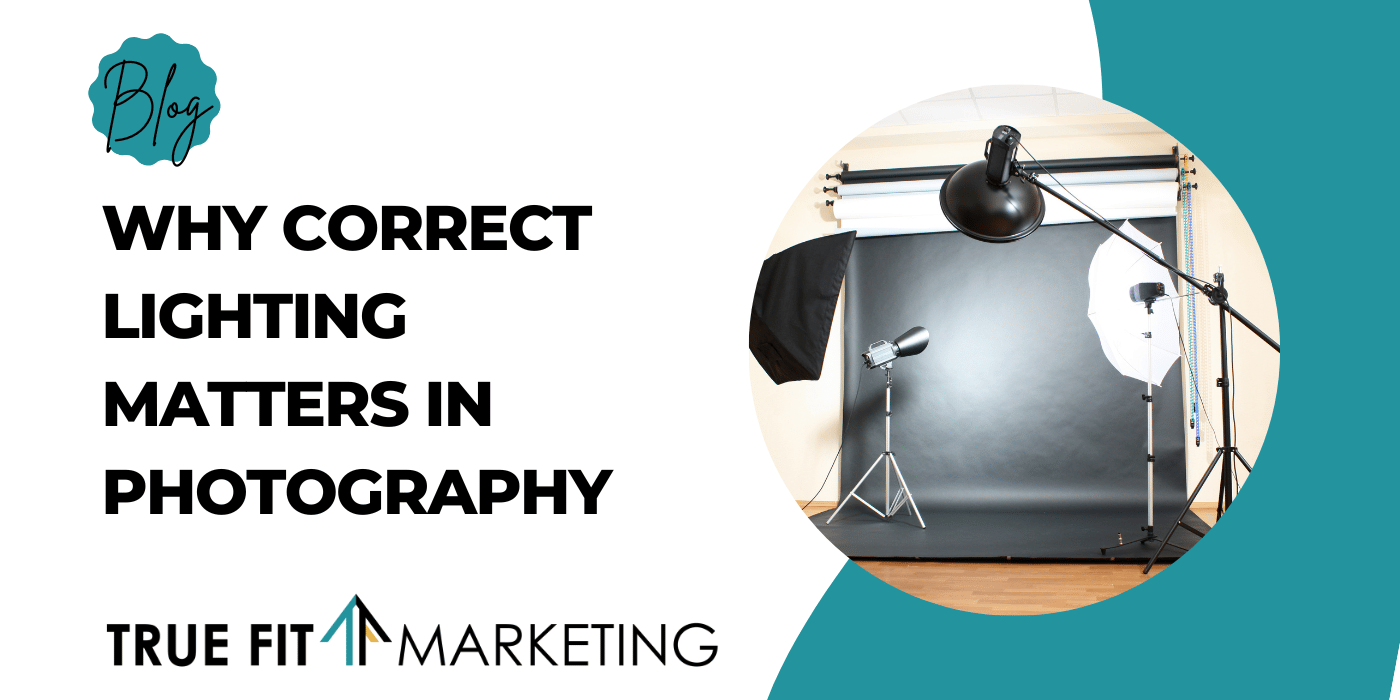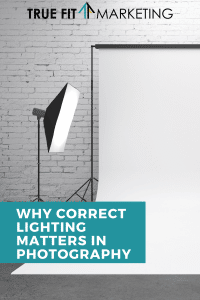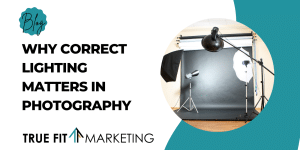
The definition of the word photography is “the art or process of producing images by the action of radiant energy and especially light on a sensitive surface (such as film or an optical sensor)”.
There is no universally perfect light for every scenario. Indoors, outdoors, a little of both, on top of a mountain, maybe even underwater, light can dramatically affect the outcome of the photograph. That is why you will see our photographer, Danielle, dragging along various lights if she is on site for a shoot or has some fancy light set up in our Steel Studio.
Light for photography can be natural or artificial. The way the photographer positions themselves and the subject of their photo affects clarity, tone, emotion, and overall feeling of the photo. Let’s dig a little deeper into this.
Indoor Photography with Natural Light vs. Artificial Light
Does your studio space have a window? Utilize it! Danielle loves her artificial lighting, but natural light is always a great option for portraits, even when the shoot is inside. In her example with Sam, she had him stand near a window which totally changed the lighting of the subject. Depending on the time of day and the weather, your lighting will vary. Pick and choose what looks best to be able to portray the story accurately.
When Danielle and Sam moved away from the natural light, she pulled out the artificial light. The light that Danielle used in this photo below of Sam is a Paul C. Buff Einstein Flash Unit with a 35″ Foldable Octabox light modifier. “Similar to the way a softbox diffuses the light onto the subject creating soft even light, an octabox is great for portraits by creating rounded catchlights in the eyes of your subject. Providing a more natural look similar to what you would see from the sun.” via PaulCBuff.com.
Can you compare the photos? While they are in different areas of the room, Danielle was able to capture the tone, emotion and clarity of the subject that she wanted with both natural and artificial lighting.
Why is Testing Light Before A Shoot Is So Important?
Testing light is crucial to ensure that your images are properly exposed. It is ok to snap a few test photos and move things around. The angle/direction of light allows for a dynamic portrait with flattering highlights and shadows. Melissa was holding the flash unit camera left and above Sam at about a 45 degree angle in the artificial lighting example above.
Not only is the light important but so is how the light is positioned when taking a photo. Pay attention to shadows and flat lighting. This happens when the light source originates behind the camera and points directly to the subject. If the light is moved to the side, the subject becomes portrayed in a happier but dramatic light!
The Bottom Line
When it comes to marketing, working with a photographer that has a good understanding of how to work with light properly can help to spotlight the exact items you want your clients to see and how you want them to feel when viewing. When a photo is pleasing to the eye, or emits a certain feeling, the product also becomes pleasing or desired. Those feelings will help to attract others to it, thus creating potential leads and sales down the road.
If you’re interested in a photography shoot, reach out to us!





















































